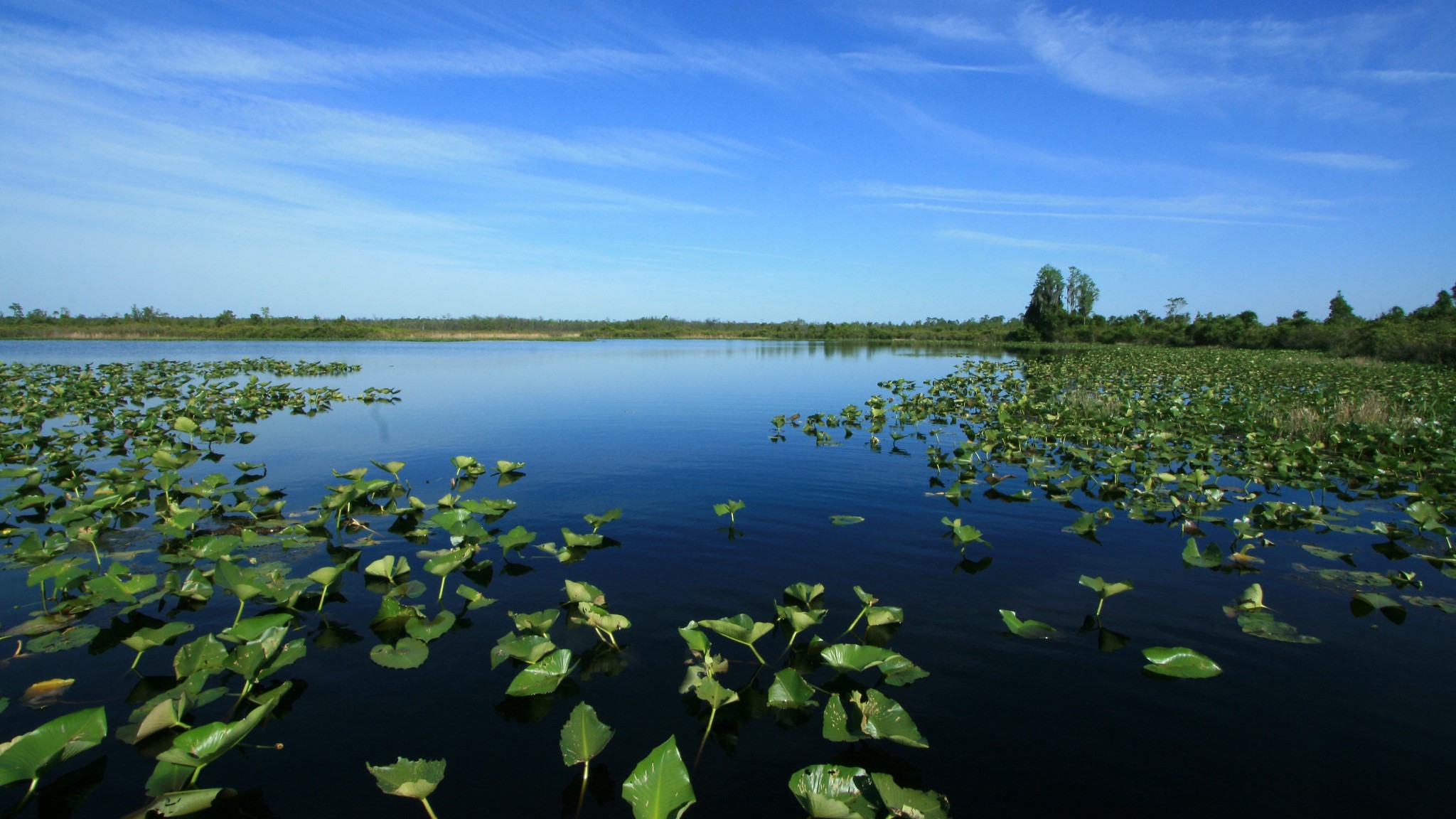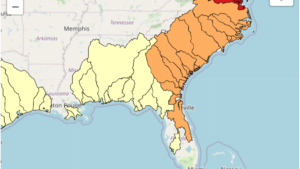May 23, 11AM ET: SE CASC Science Seminar – Insights from a National Scale and Holistic Approach to Map Estuarine Vulnerability to Projected Change in Water Quality

Join us for virtual science seminars highlighting SE CASC funded projects supporting resource management actions across the Southeast. Each month a SE CASC researcher will provide an overview of their work and the management implications of their research findings.
Learn about other Science Seminars
Insights from a National Scale and Holistic Approach to Map Estuarine Vulnerability to Projected Change in Water Quality
Lise Montefiore (NC State University/Natrx)
May 23, 2023 | 11AM ET
View recording here.
Overview:
Considered the “nurseries of the sea,” estuaries are unique ecosystems that provide valuable assets to national and local economies. However, their integrity and the socio-economic services they provide are differentially threatened by adverse effects of anthropogenically-driven local and global change (e.g., land-use change, climate change, sea level rise). Understanding the factors that make these systems vulnerable is essential for resource managers to be able to make sound decisions and allocate resources efficiently to reduce the vulnerability of estuarine and coastal systems and communities.

Vulnerability assessment is an integrated approach that can be used as an informal spatial planning instrument to identify, quantify, and prioritize vulnerabilities within a system and between systems. Several vulnerability assessments have been developed nationwide to identify vulnerable coastal and estuarine systems and regions to flooding from sea level rise, ocean acidification and warming, and projected water quality change. However, few have integrated land-based drivers. Besides climate change, land-use and land-cover (LULC) is also expected to influence the runoff and nutrient characteristics of coastal watersheds and downstream estuaries. The present study developed a holistic approach to quantify estuarine vulnerability to water quality change under future climate and LULC projections, specifically with regards to nutrient loads. The approach was applied to estimate the vulnerability of 112 US estuarine systems to TN and TP loads. Results and implications of the research will be discussed in the seminar.

About the speaker:
Lise Montefiore is a Postdoctoral Researcher at North Carolina State University in the Department of Biological and Agricultural Engineering and was a 2019-20 Global Change Fellow. Lise investigates the vulnerability of national estuarine systems to global and local change, the uncovering of historical land use changes through satellite remote sensing, and how reservoir management influences downstream water quality. Lise is also working at Natrx, a local start-up, which aims to create innovative nature-based infrastructure solutions to mitigate coastal erosion, designed specifically for local climate and habitats.
- Categories: